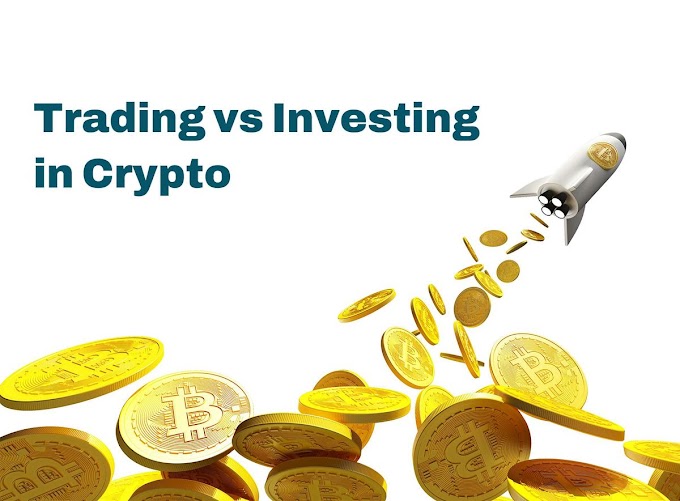One of the deadliest illnesses in the world is cancer. Millions of people are given cancer diagnoses each year, and many of them pass away as a result of the illness. There are still some misconceptions and myths about cancer that endure despite substantial research and studies. Even though they are incorrect scientifically, several widely held beliefs about how cancer begins and spreads can appear plausible, especially if those beliefs have their roots in outdated theories. However, false beliefs about cancer can cause unwarranted anxiety and even impair wise prevention and treatment choices.
Consuming sugar may worsen cancer.
Although studies have revealed that cancer cells use more sugar (glucose) than healthy cells do, there is no evidence that eating sugar will make your cancer worse or that it would shrink or go away if you stop doing so. However, a high-sugar diet may contribute to weight gain that is excessive, and obesity is linked to a higher risk of acquiring a number of cancers.
Can herbal remedies be used to treat cancer?
No herbal products have been demonstrated to be useful in the treatment of cancer, although some studies suggesting that complementary or alternative medicines, including certain herbs, may help patients cope with the adverse effects of cancer treatment. In fact, certain herbal remedies may even be dangerous if consumed alongside chemotherapy or radiation therapy since they may impair the efficacy of these therapies. Patients with cancer should discuss any complementary and alternative medicine (CAM) items they may be utilizing, such as vitamins and herbal supplements, with their doctor.
Radiation from cell phones causes cancer.
Radio frequency (RF) energy is another name for the kind of radiation that cell phones release.
There is currently no proof that the radiation from cell phones causes cancer Cell phone electromagnetic radiation is regarded as low-level and does not possess sufficient energy to harm DNA or result in cancer. Scientists are still keeping an eye on mobile signals from 4G and 5G phones to see whether there are any long-term effects on human health. Additionally, the FDA keeps track of and examines statistics on cancer incidence in the US populace from the perspective of public health. Despite the massive surge in cell phone use over this time, the data clearly show that brain and other nervous system tumors have not increased much over the past 30 years.In reality, during the past 15 years or more, the number of brain and other nervous system cancer diagnoses in the United States has fallen.
Is cancer contagious?
Cancer cannot be spread. Cancer cannot be caught via interacting with a person who already has it. Cancer cannot transmit from one person to another unless an organ or piece of tissue is transplanted. The chance of having a transplant-related cancer increases if an individual receives an organ or tissue from a donor who had cancer in the past. The risk is incredibly low nevertheless because medical professionals never use organs or tissue from donors who have a history of malignancy.
Cancer always hurts.
Cancer can create a wide range of symptoms, but most of the time, disease, trauma, benign tumors, or other issues are to blame for these symptoms. Not all malignancies produce pain, despite the fact that some of them do. In truth, not all tumors are painful or symptomatic until they are quite advanced. Visit your doctor if your symptoms do not go away after a few weeks so that issues can be identified and treated as soon as feasible. Don't wait until you experience pain before visiting a doctor because cancer frequently doesn't cause it.
Cancer treatment is unavailable to expectant women.
In order to improve outcomes for the mother as well as the baby, pregnant women with cancer symptoms or concerns should visit their doctor as soon as possible. If a pregnant woman receives a cancer diagnosis, she may still have alternatives.
In conclusion, it's critical for people to educate themselves about cancer and be aware of the realities underlying the numerous myths associated with it. By being aware of the truth, we may attempt to dispel these beliefs and contribute to lessening the stigma and fear associated with cancer.








.jpeg)

.jpeg)
.jpeg)




.jpeg)

